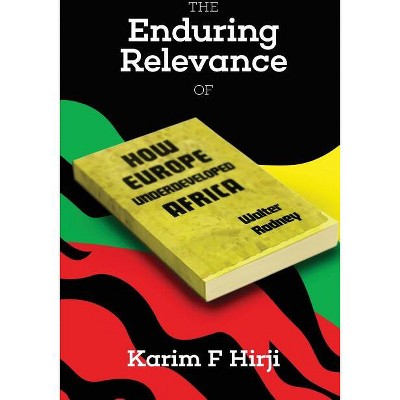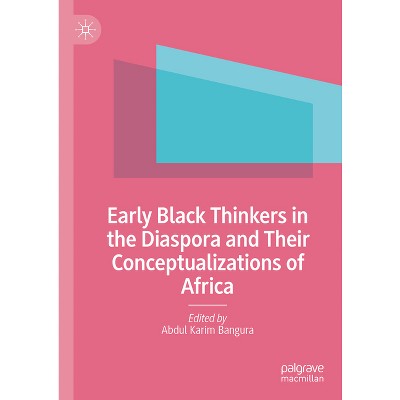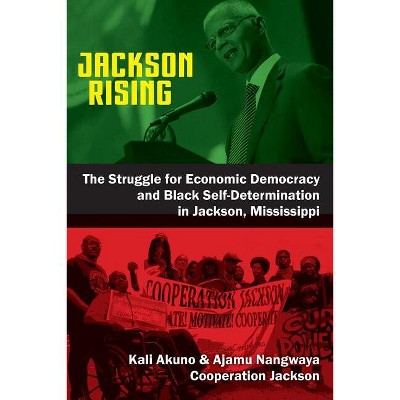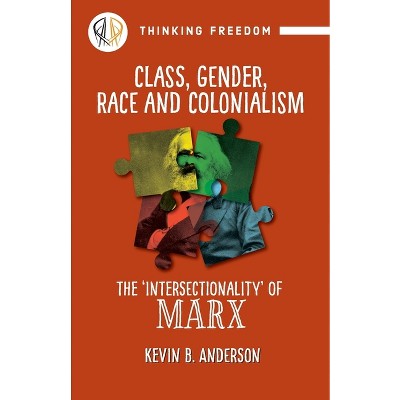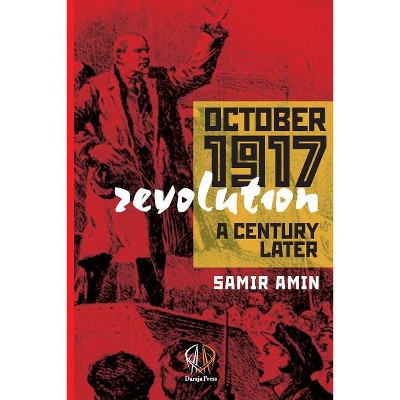Sponsored

Under-Education in Africa - by Karim F Hirji (Paperback)
In Stock
Sponsored
About this item
Highlights
- Under-Education in Africa: From Colonialism to Neoliberalisma collection of edited essays on diverse aspects of educational systems that were written over a period of four and a half decades.
- Author(s): Karim F Hirji
- 316 Pages
- Education, General
Description
Book Synopsis
Under-Education in Africa: From Colonialism to Neoliberalisma collection of edited essays on diverse aspects of educational systems that were written over a period of four and a half decades. With the focus on Tanzania, they cover education in the German colonial era, the days of Ujamaa socialism and the present neo-liberal times. Their themes include social function of education, impact of external dependency on education, practical versus academic education, democracy and violence in schools, role of computers in education, effect of privatization on higher education, misrepresentation of educational history, good and bad teaching styles, book reading, the teaching of statistics to doctors and student activism in education. Two essays provide a comparative view of the situation in Tanzanian and the USA. Deriving from the perspective of an activist educator, these essays connect the state of the education system with the society as a whole, and explore the possibility of progressive transformation on both fronts. They are based on the author's experience as a long term educator, original research, relevant books, newspaper reports and discussions with colleagues and students. The author is a retired Professor of Medical Statistics who has taught at colleges and universities in Tanzania and at universities in USA and Norway.
Review Quotes
A journey into one of the richest periods of African intellectual debate on knowledge and colonization, with lessons for today. Budd L Hall, Professor Emeritus, University of Victoria.
This is a timely, broad ranging, provocative series of essays about under-education in Africa. Shirley Walters, Professor Emerita, University of Western Cape, South Africa
An enjoyable work; a valuable resource for all concerned about advancing education in Africa. Marjorie Mbilinyi, Professor of Education, University of Dar es Salaam (1968-2003), independent researcher and writer.
Shipping details
Return details
Frequently bought together

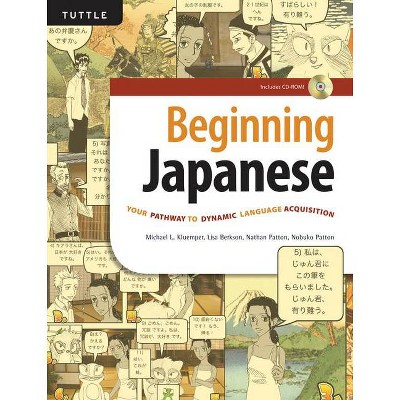
Trending Non-Fiction










